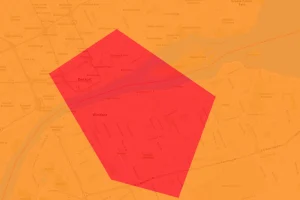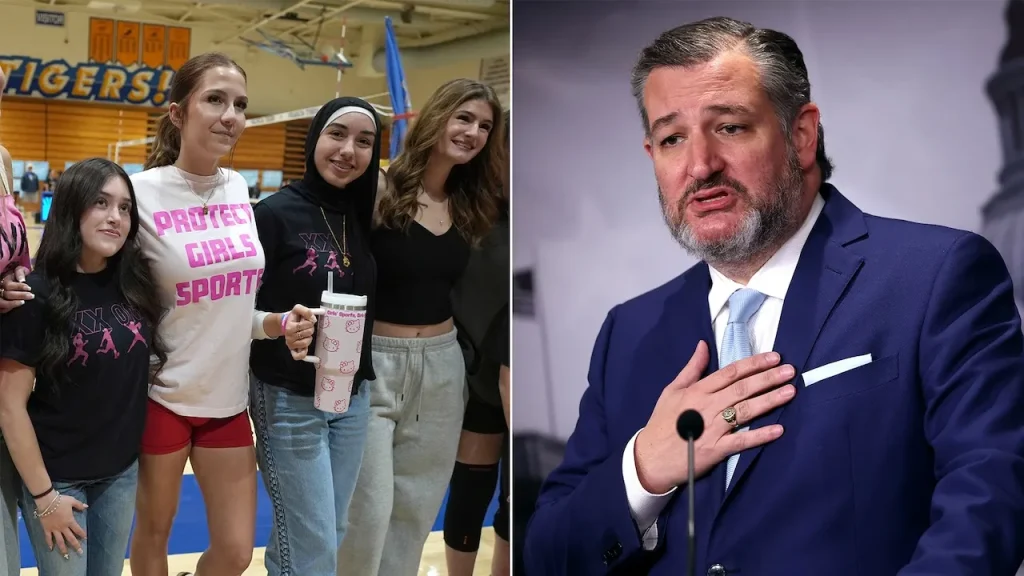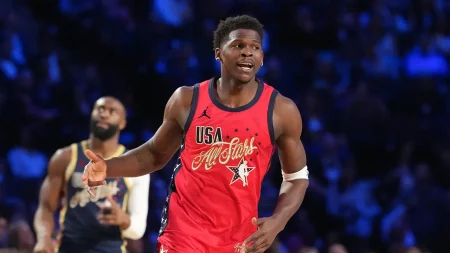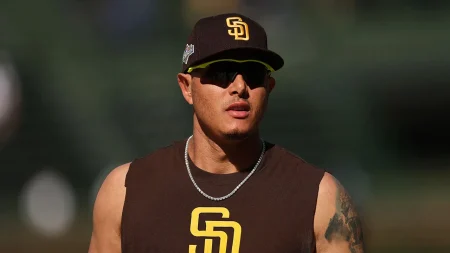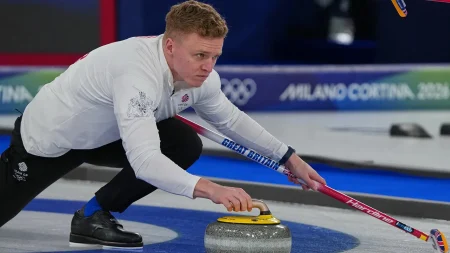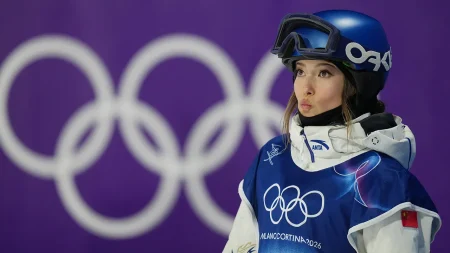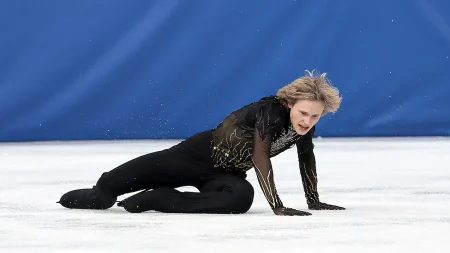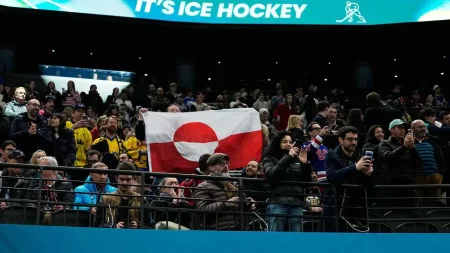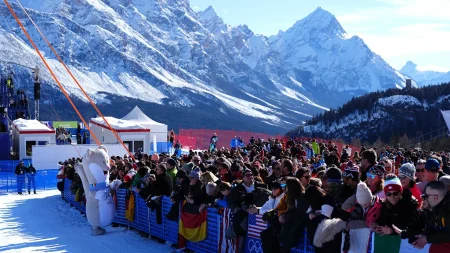California Volleyball Controversy Stirs Emotions and Legal Battles
In a moment that has sparked outrage across social media, Senator Ted Cruz of Texas called attention to a troubling incident at a California high school volleyball match, where two adults were photographed making offensive gestures toward teenage girls who were protesting to “Save Girls’ Sports.” The photo, captured by California Family Council Outreach Director Sophia Lorey during a state playoff game, shows the women apparently directing vulgar hand gestures at the young protesters. Cruz’s response was unequivocal as he shared the image on X (formerly Twitter), stating, “If you do this to little girls, your heart has turned entirely dark.” This confrontation represents just one flashpoint in what has become a contentious national conversation about transgender athletes in women’s sports.
The volleyball match in question involved Jurupa Valley High School, which includes a transgender athlete on its roster, competing against Valencia High School in the California state playoffs. Jurupa Valley lost in straight sets, bringing to a close a season marked by controversy and forfeited matches. The team reached the co-championship of its league despite having at least ten matches forfeited throughout the season amid growing debate over transgender participation in women’s athletics. The tension surrounding the match was palpable, with reports confirming that at least one Valencia player chose not to participate in Wednesday’s game, specifically to avoid competing against the transgender athlete from Jurupa Valley.
What makes this situation particularly poignant is that two of Jurupa Valley’s own senior players, Hadeel Hazameh and Alyssa McPherson, were among the protesters in the stands. These young women had stepped away from their team in September and subsequently filed a lawsuit against the Jurupa Unified School District. Their legal complaint details concerns about their experiences both on the court during competition and in the locker room with the transgender teammate. Their decision to leave their team during their senior year—typically a celebratory capstone to a high school athletic career—underscores the deeply personal nature of this controversy for the student-athletes caught in its center.
The conflict has escalated beyond local school districts to involve federal authorities. The U.S. Department of Justice has initiated legal action against both the California Interscholastic Federation (CIF) and the California Department of Education. The lawsuit centers on these organizations’ refusal to modify their transgender eligibility policies to align with former President Donald Trump’s executive order titled “Keeping Men Out of Women’s Sports.” This federal involvement highlights how school athletics have become a battleground in broader cultural and political debates about gender identity, fairness in competition, and the rights of different groups of students.
California Governor Gavin Newsom finds himself navigating particularly troubled waters in this controversy. As the leader of a state that has positioned itself as progressive on LGBTQ+ issues, Newsom must balance California’s commitment to transgender rights with growing concerns from parents, female athletes, and their advocates about competitive fairness and locker room privacy. The situation exemplifies the complex challenges facing educational institutions and policymakers as they attempt to create inclusive environments while addressing the concerns of various stakeholders, including the female athletes who worry about competitive equity in their sports.
The photograph and Senator Cruz’s response to it have amplified a controversy that goes well beyond a single volleyball match or even a single school district. It represents the increasingly heated intersection of sports, gender identity, politics, and youth development in American culture. As lawsuits progress and policies continue to evolve, the young athletes at the center of these controversies continue their education and athletic careers amidst unprecedented scrutiny and debate. For the teenage girls on both sides of this issue—whether they’re protesting for what they see as their rights or simply trying to play the sport they love—the adults around them, including those making gestures in stands and those making policies in government offices, are shaping experiences that will likely stay with them long after their high school volleyball careers have ended.
